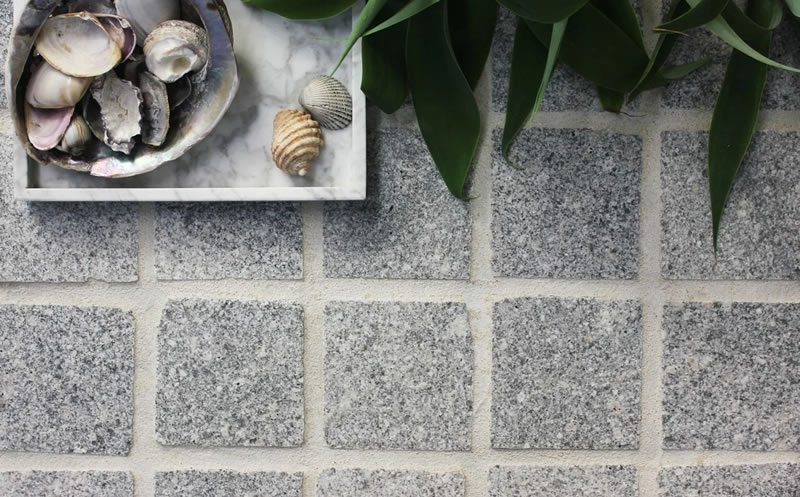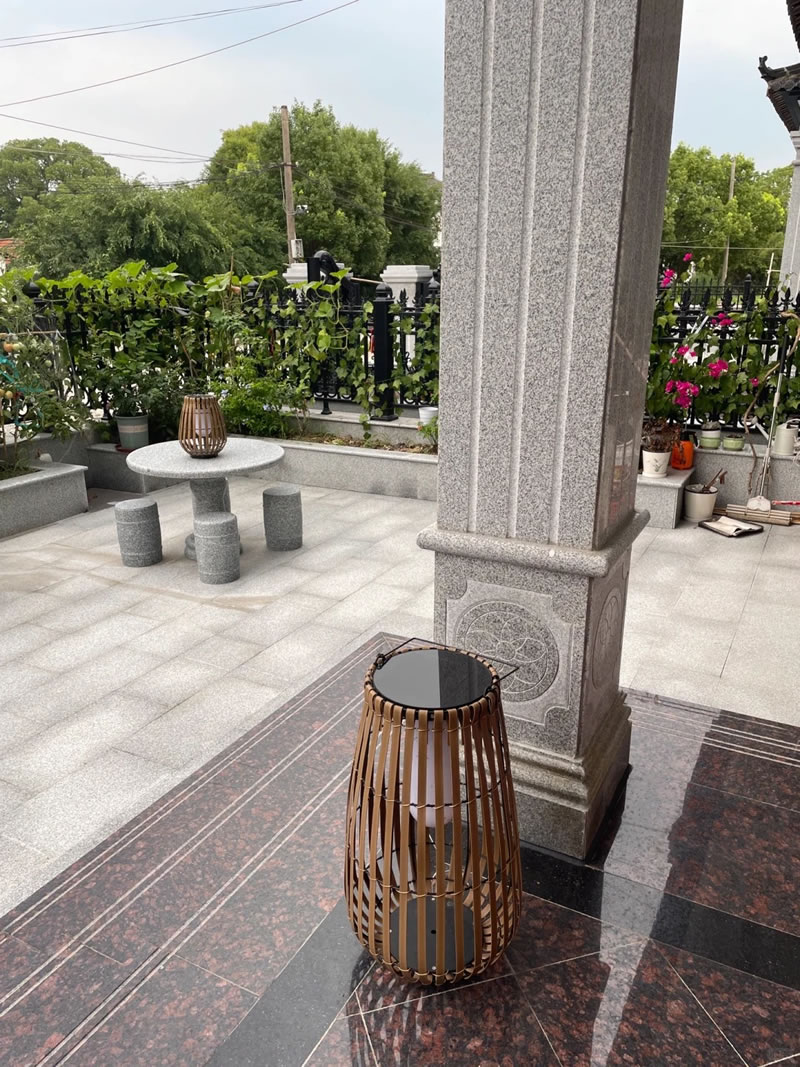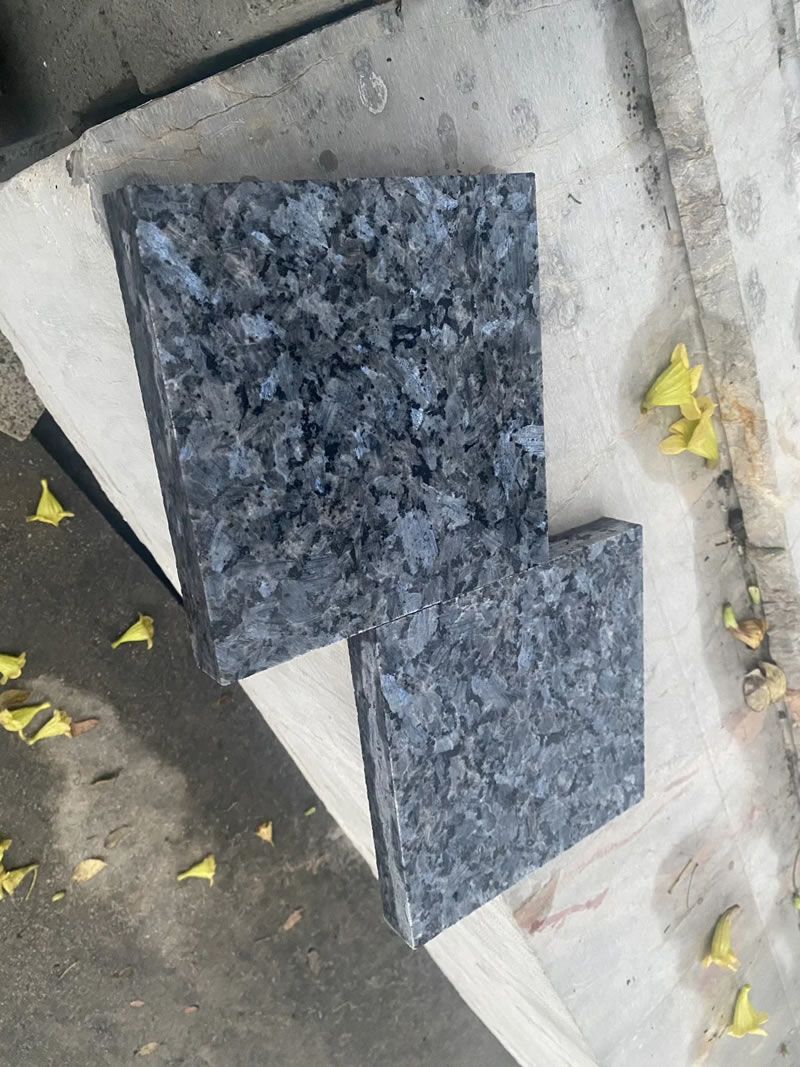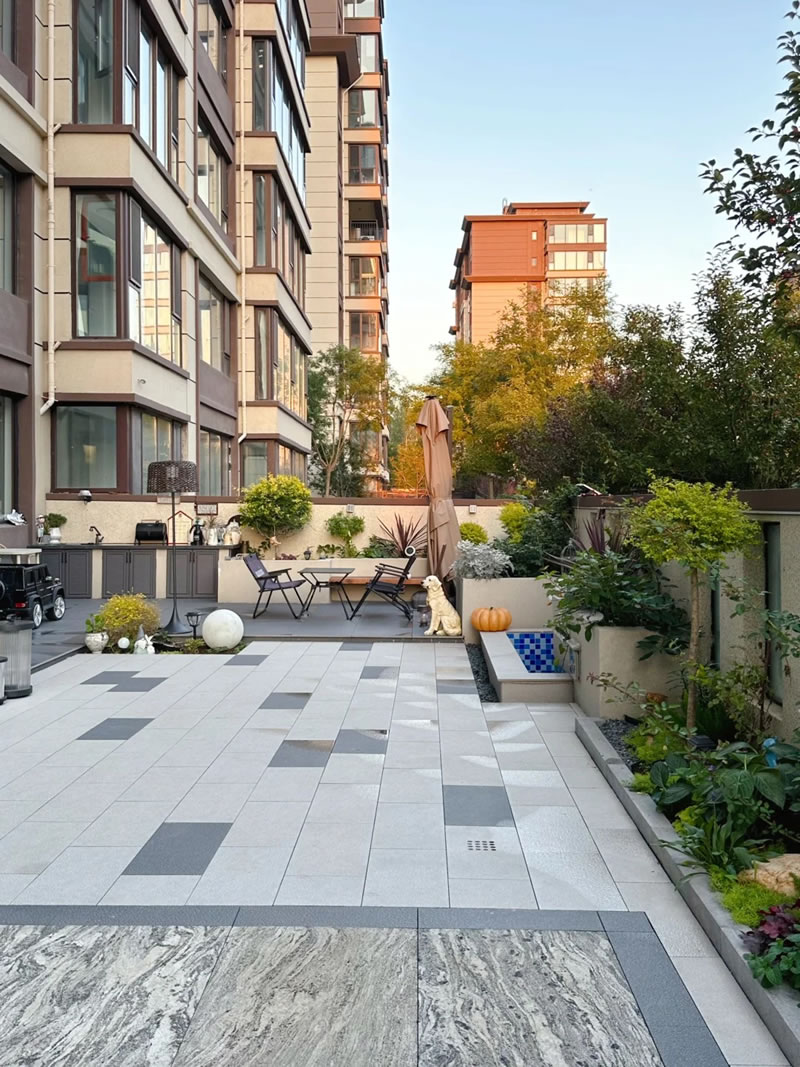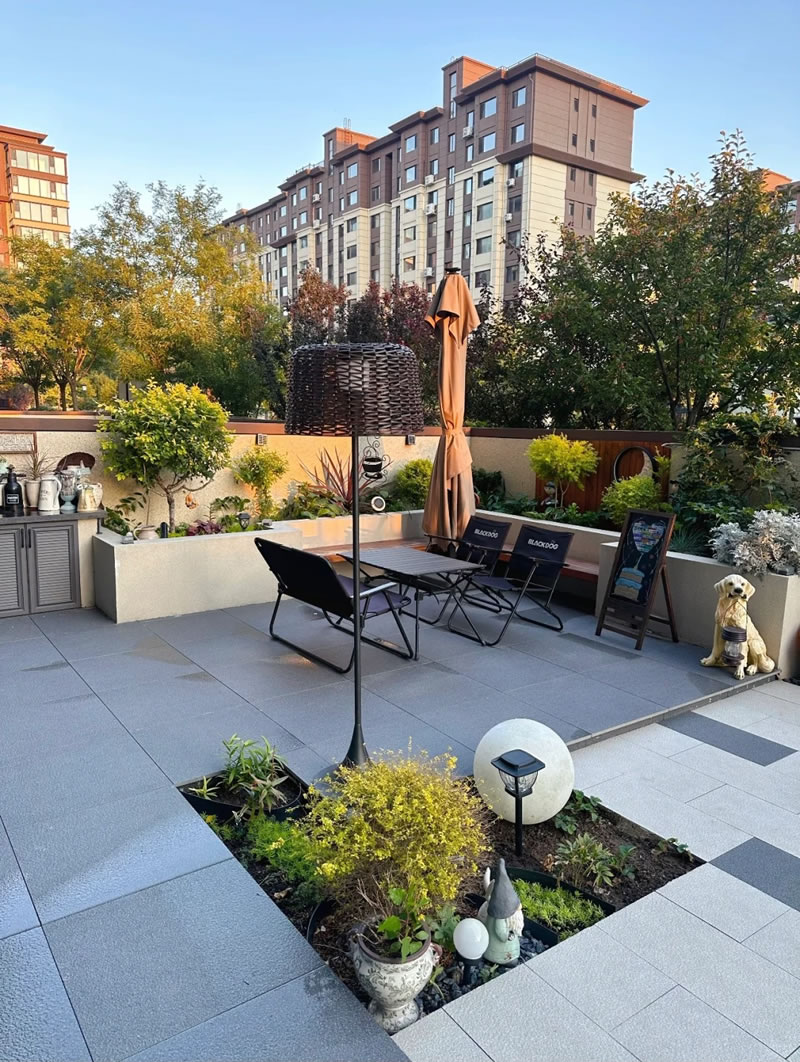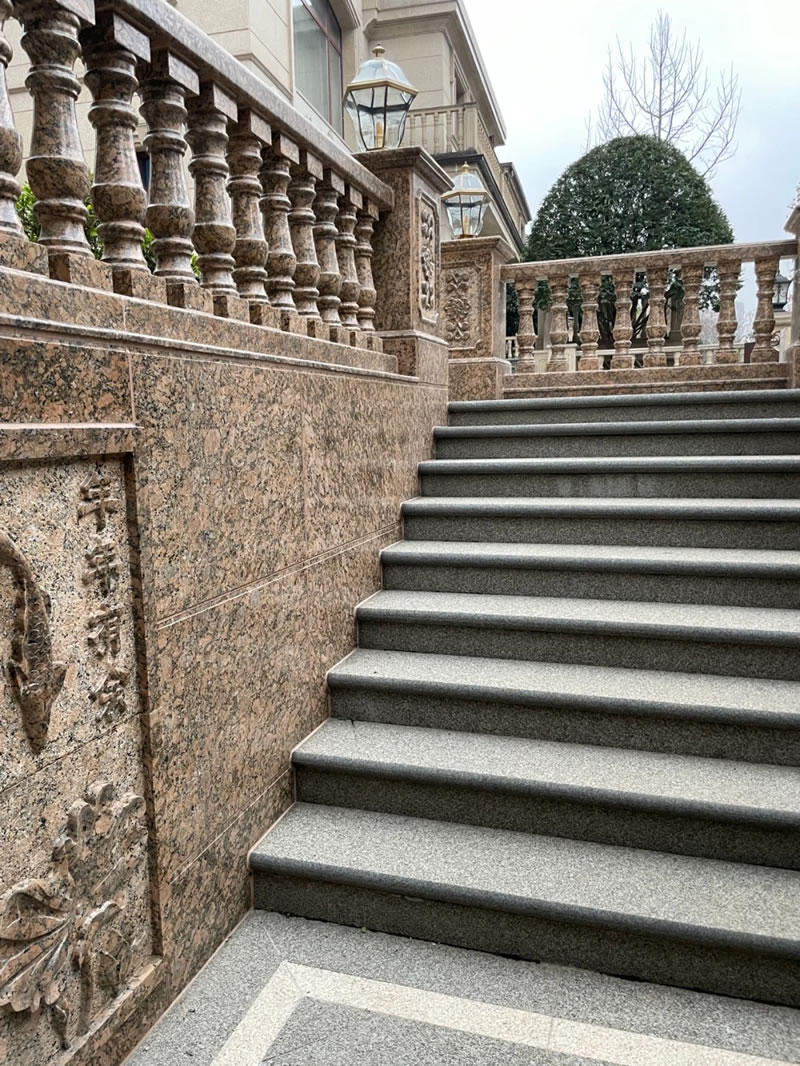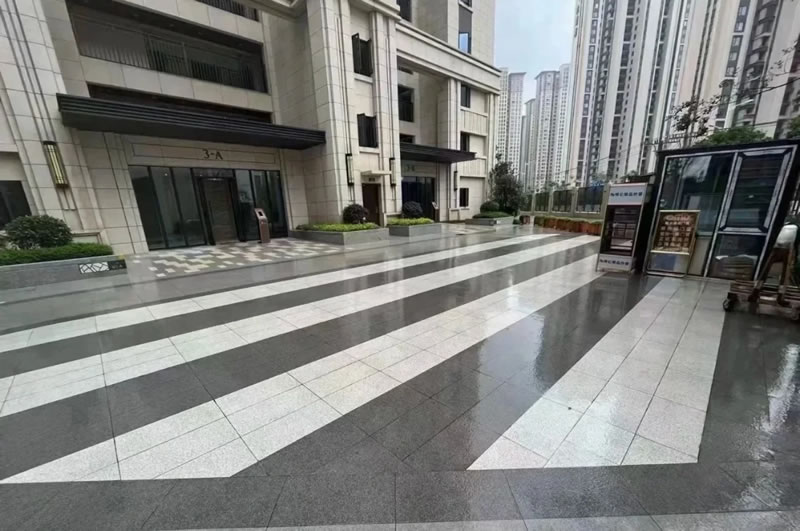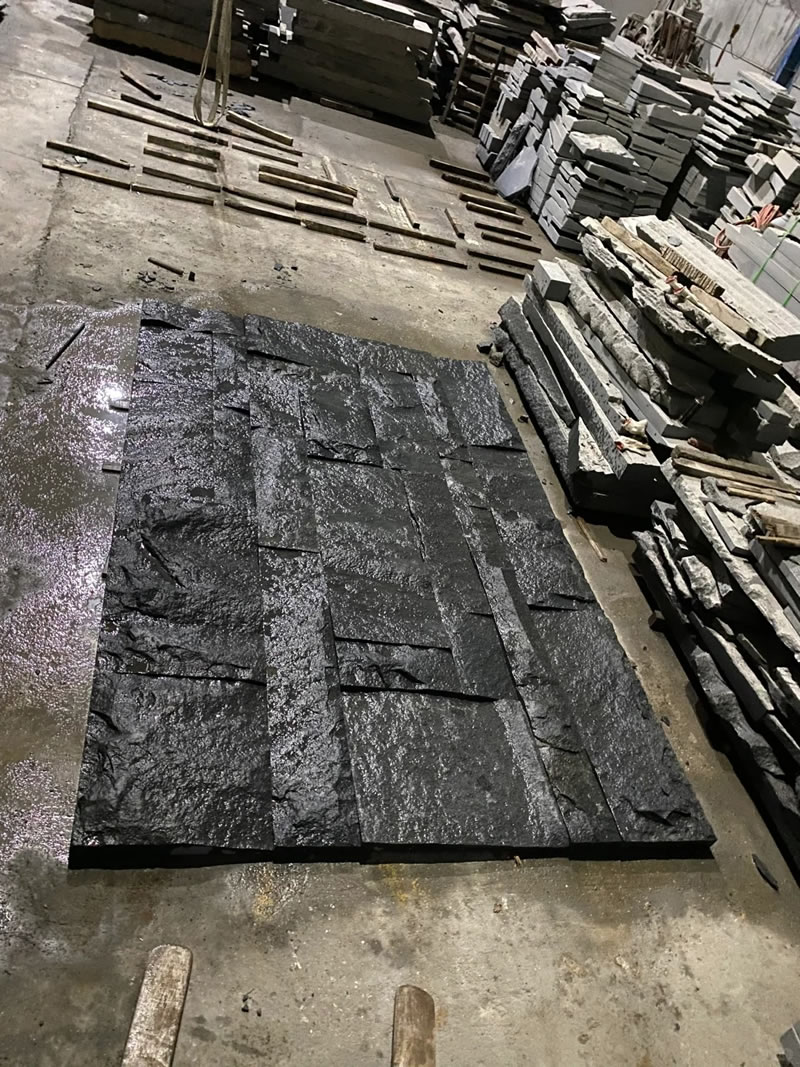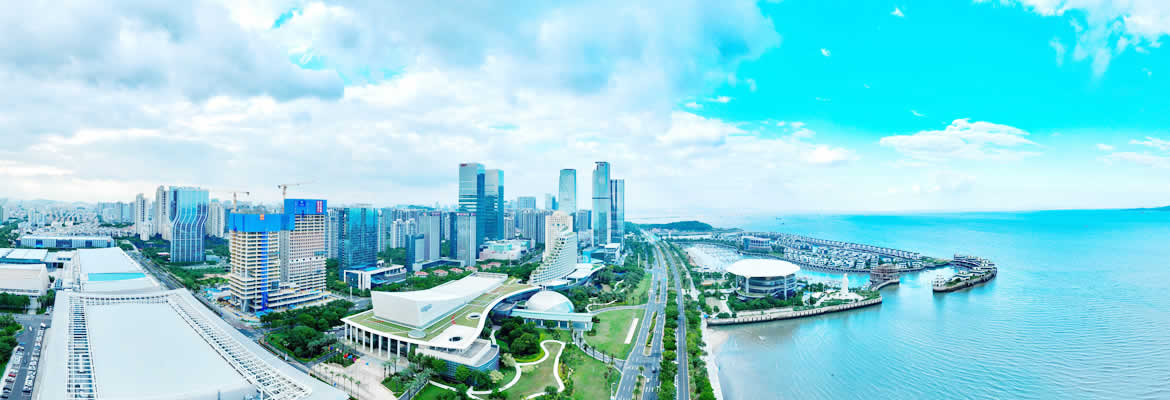Granite paving stones are a popular choice for outdoor hardscaping due to their durability, natural beauty, and resistance to weathering. Here’s a detailed overview:
1. Advantages of Granite Paving Stones
-
Durability: Granite is one of the hardest natural stones, making it resistant to cracking, chipping, and wear.
-
Weather Resistance: It withstands freeze-thaw cycles, rain, and UV exposure without fading.
-
Aesthetic Appeal: Available in various colors (gray, black, red, blue, green, etc.) and finishes (honed, flamed, polished, or textured).
-
Low Maintenance: Requires minimal upkeep—just occasional cleaning with water and mild detergent.
-
Slip Resistance: Textured or flamed finishes provide good traction, even when wet.
-
Longevity: Can last decades or even centuries with proper installation.
2. Common Applications
-
Driveways & Walkways: Handles heavy loads and high foot traffic.
-
Patios & Pool Decks: Resists heat and water exposure.
-
Garden Paths & Landscaping: Enhances natural aesthetics.
-
Public Spaces & Plazas: Used in commercial projects for its durability.
3. Types of Granite Paving Stones
-
Cobblestones: Small, irregular blocks for a rustic look.
-
Setts: Uniform, rectangular-cut stones for a more formal appearance.
-
Slabs: Larger, flat pieces for modern designs.
-
Tumbled Granite: Rounded edges for an aged, natural look.
4. Finishes
-
Flamed: Rough, slip-resistant surface (ideal for outdoor use).
-
Honed: Smooth, matte finish (less slip-resistant but elegant).
-
Polished: Glossy and sleek (best for indoor or light outdoor use).
-
Bush-Hammered: Textured, anti-slip finish.
5. Installation Tips
-
Base Preparation: A compacted gravel/sand base (4–6 inches) is crucial for stability.
-
Jointing: Use polymeric sand or mortar to prevent weed growth and shifting.
-
Drainage: Ensure proper slope to avoid water pooling.
-
Edge Restraints: Install borders to keep stones in place.
6. Cost Considerations
-
Price Range: $8–$30 per sq. ft. (varies by thickness, finish, and region).
-
Labor Costs: Installation adds $5–$15 per sq. ft. depending on complexity.
-
Long-Term Value: More expensive upfront than concrete but lasts much longer.
7. Maintenance
-
Cleaning: Pressure washing (low setting) or soapy water.
-
Sealing: Optional but recommended every 2–3 years to enhance stain resistance.
-
Repairs: Individual stones can be replaced if damaged.
8. Alternatives
-
Concrete Pavers: Cheaper but less durable.
-
Sandstone: Softer, more porous, but with a natural look.
-
Porcelain Pavers: Modern, stain-resistant, but less slip-resistant when wet.
Conclusion
Granite paving stones are an excellent investment for high-end, long-lasting outdoor surfaces. Their natural elegance and strength make them ideal for both residential and commercial projects. If you're considering them, consult a professional installer to ensure proper base preparation and layout.
